The current global pressure from buyers and consumers, particularly the drive towards carbon neutrality and net-zero emissions by 2050, requires Vietnam to deploy cleaner energy at an unprecedented speed and scale. For instance, by 2050, Vietnam needs 20 times the solar power and 15 times the wind power generation capacity it had in 2020.
To achieve this goal, fostering a clean energy supply chain is crucial. A clean energy supply chain, encompassing energy production, distribution, and consumption from renewable and low-carbon sources, aims to minimize environmental impact and promote sustainability. It is key to successful energy transition.
At the recent "Reshaping the Global Energy Supply Chain: Identifying Trends, Challenges, and Solutions for Vietnam" forum, Dr. Nguyen Manh Hung, a logistics and supply chain expert at at RMIT University, recommended that industries align their supply chains with these trends and identify suitable resources and implementation practices.
According to Dr. Hung, a potential approach involves three steps: international cooperation, developing and standardizing norms, and consistent monitoring.
First, international cooperation is essential to support the clean energy supply chain. Green projects often require substantial resources that a single enterprise cannot or should not undertake alone.
Second, developing unified standards is critical. Vietnam has initiated and developed some regulations and standards for solar and wind power, drawing on international cooperation. However, inconsistencies and a lack of collaborative knowledge have resulted in businesses withdrawing from several key wind and solar power projects recently. Therefore, developing or participating in shared platforms for standards and practices can reduce risks for large-scale expansion projects.
Third, consistent monitoring interventions at both national and international levels are vital to maintaining supply chain connectivity and operational efficiency. This necessitates clearly defined goals and objectives, building internal monitoring of clean energy activities, and tracking supply sources. This action enables policies to promote transparency, fairness, and comprehensiveness in the renewable energy sector.


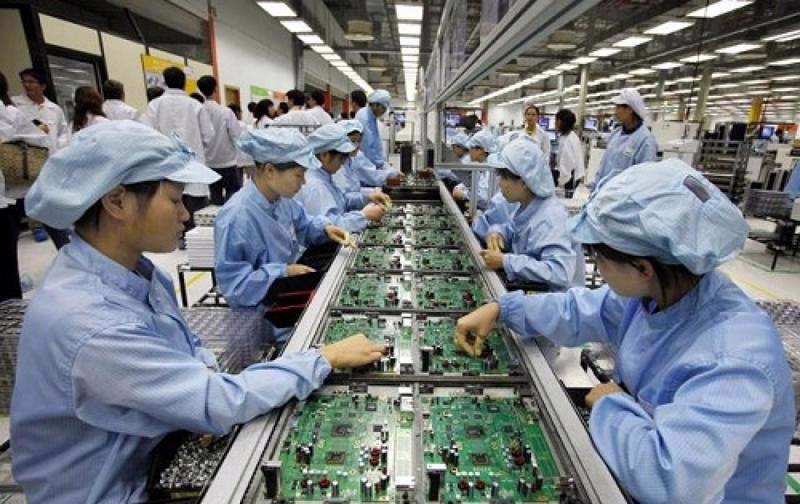
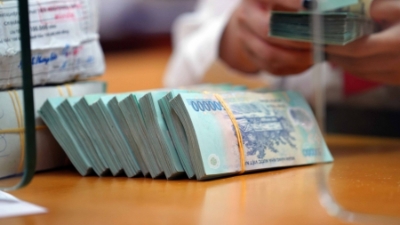
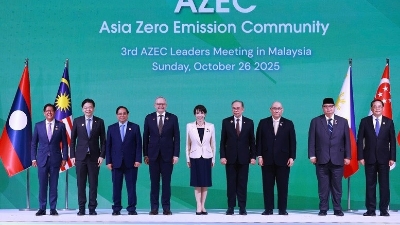
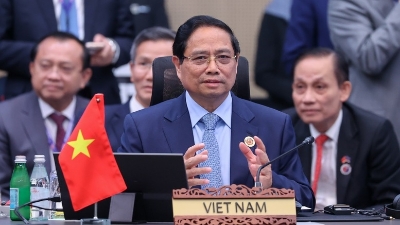


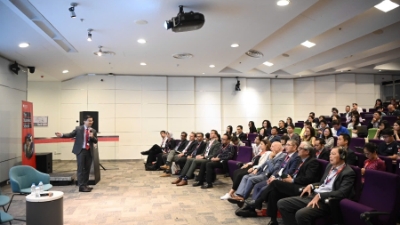
 Google translate
Google translate